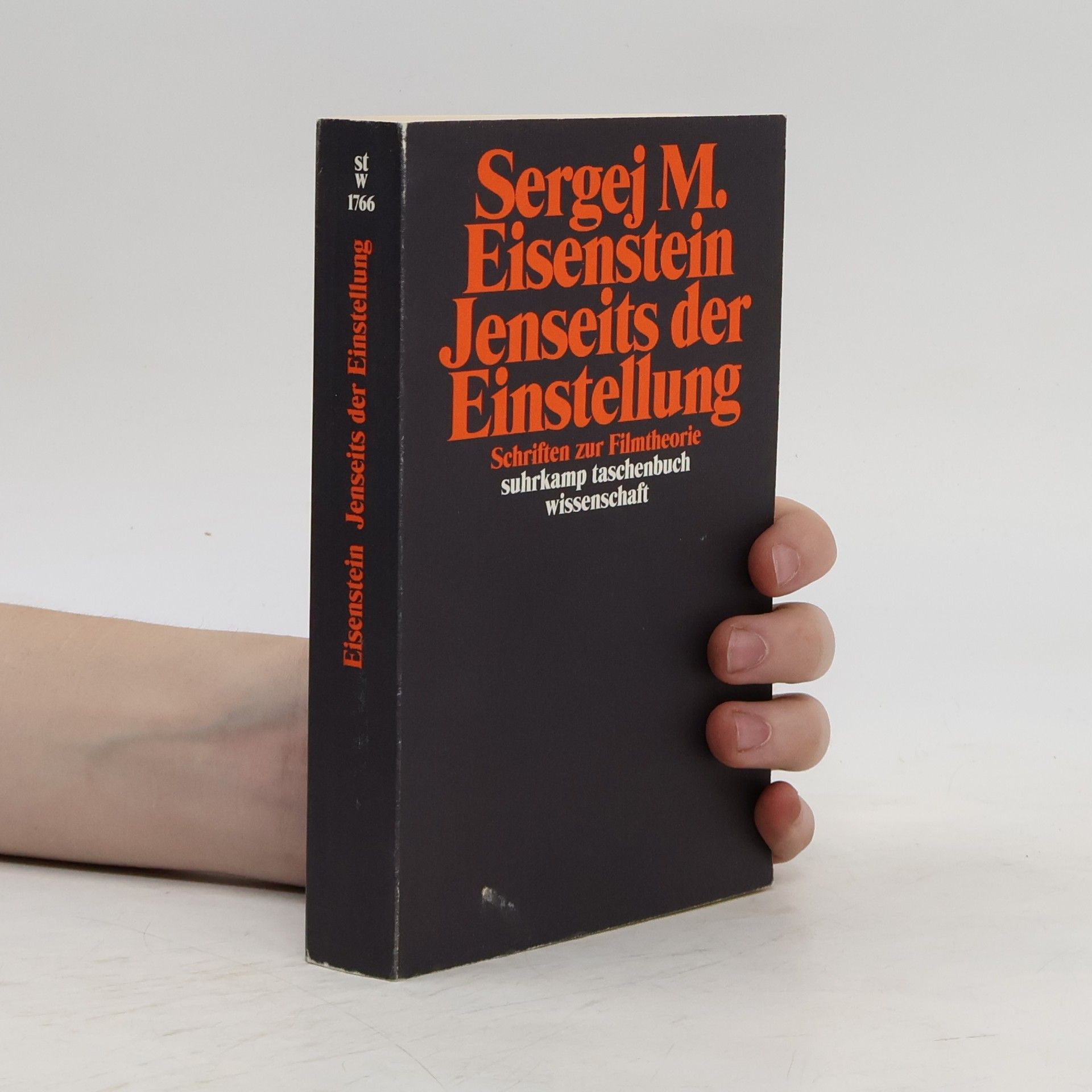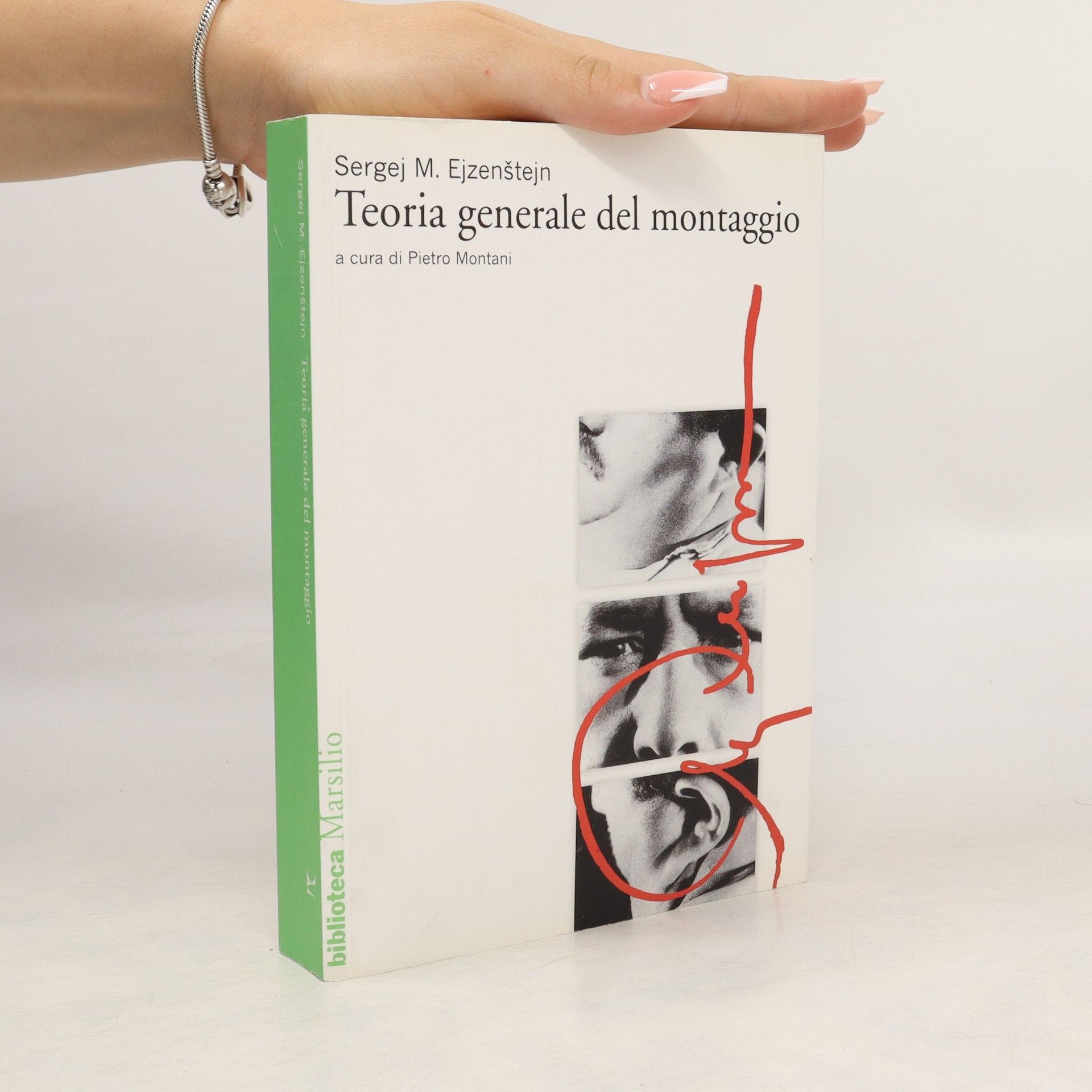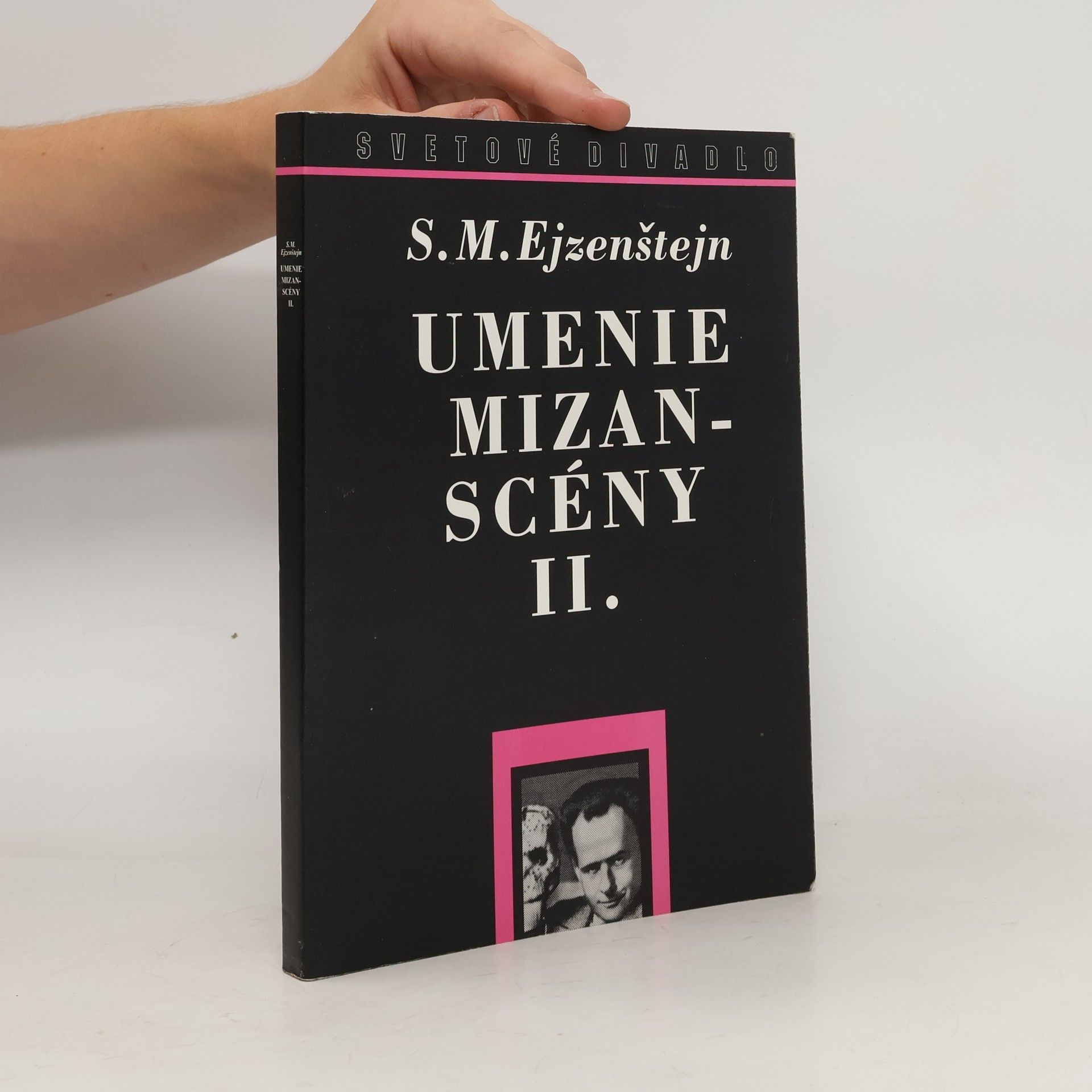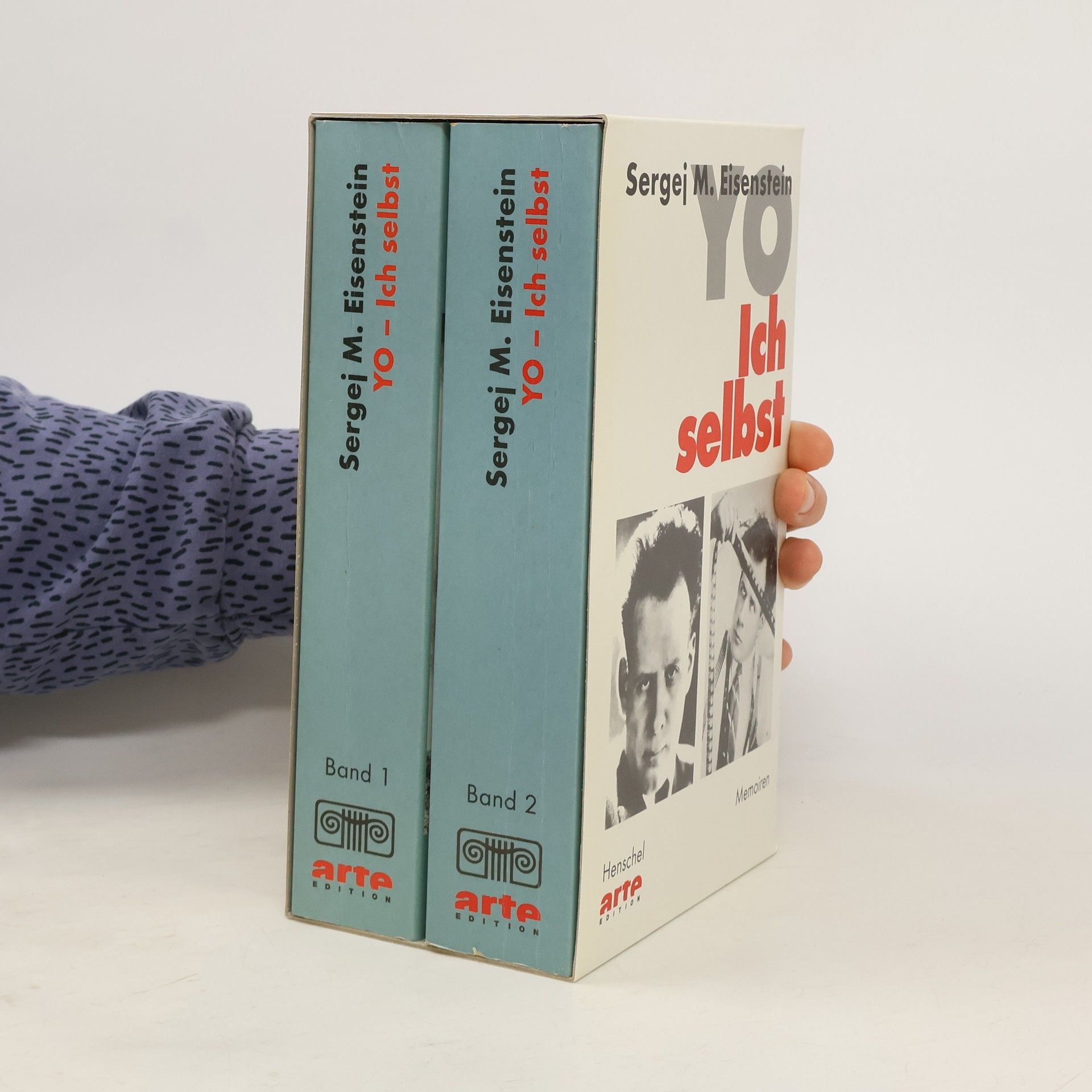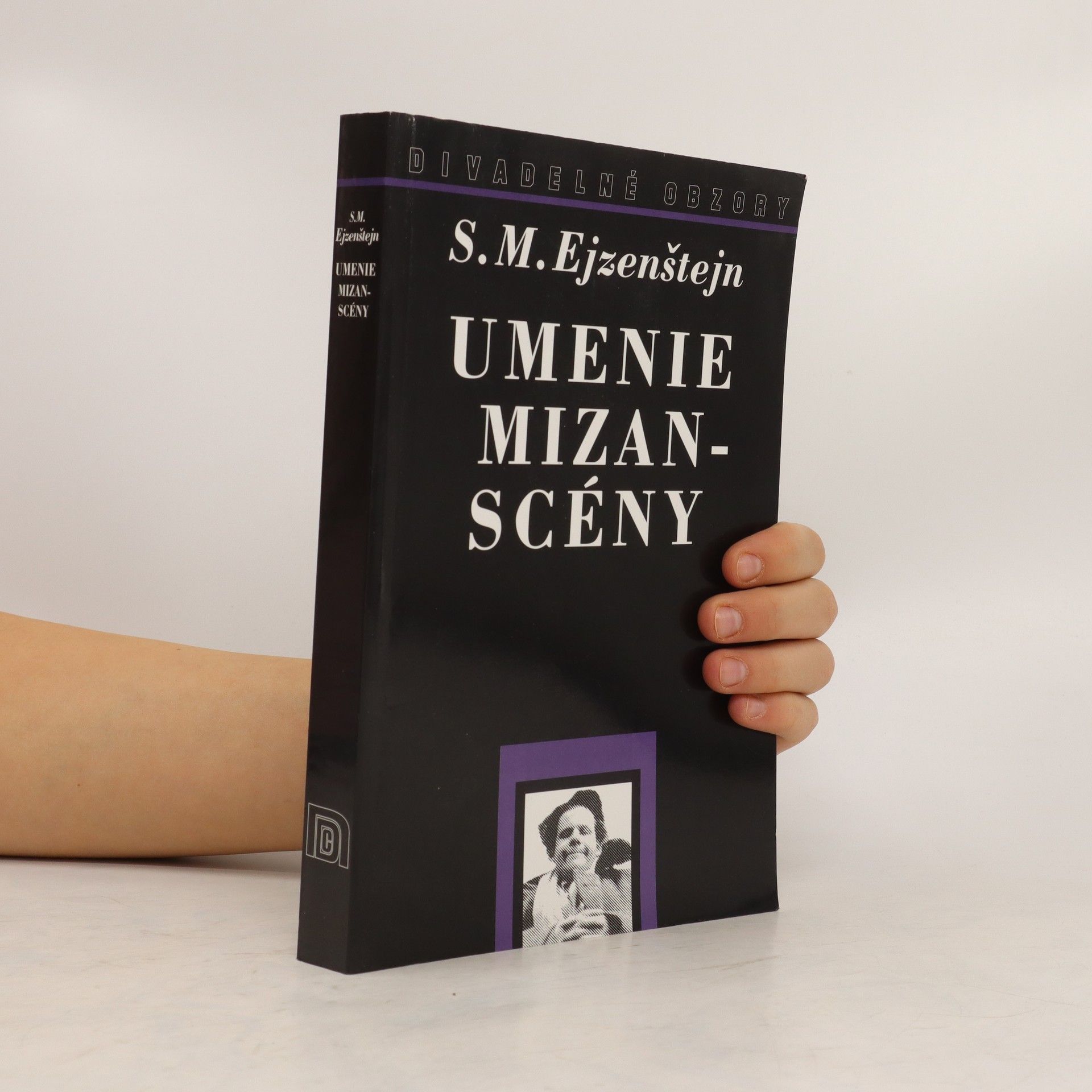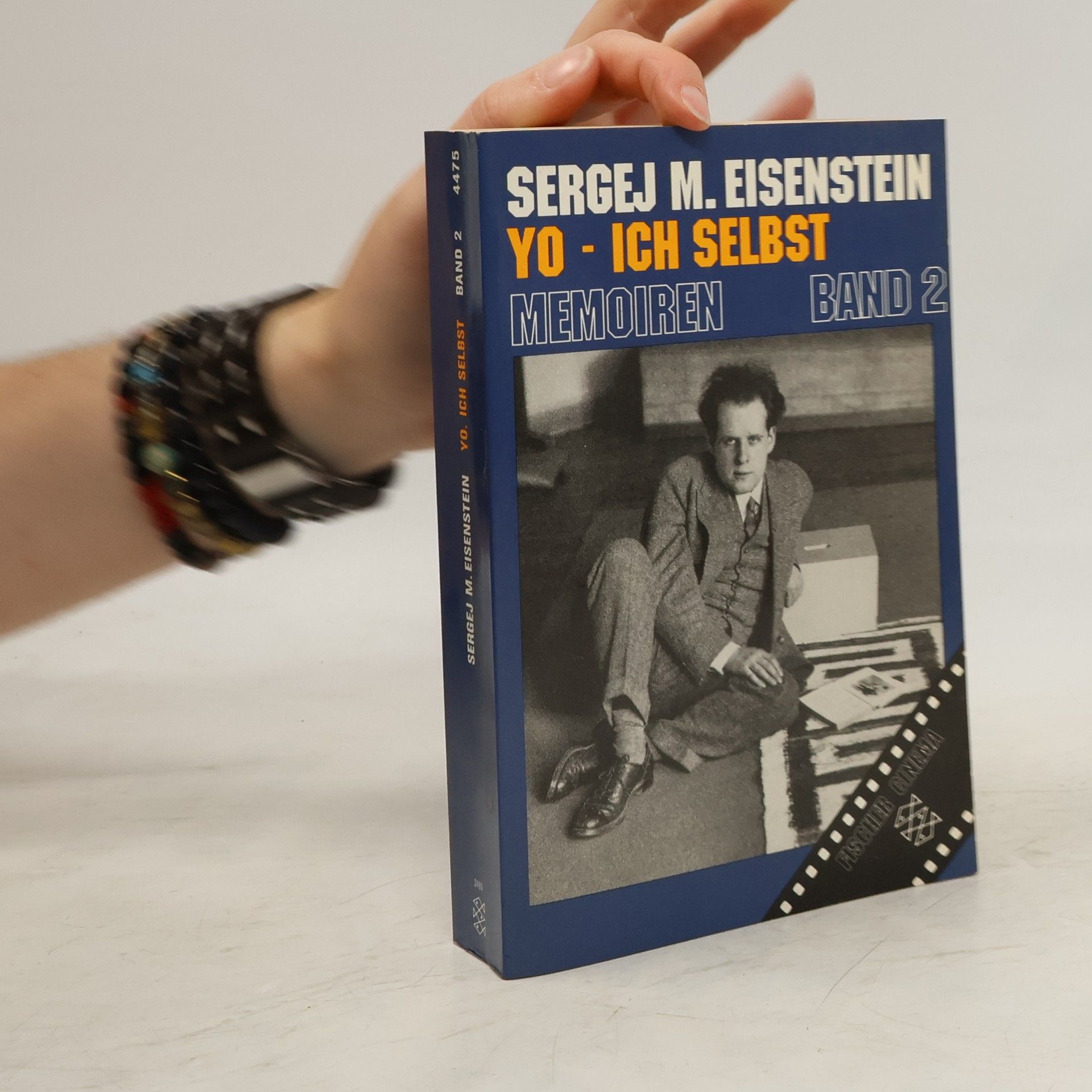Mise En Jeu and Mise En Geste
- 92 pages
- 4 hours of reading
Focusing on the concept of mise en scène, the essay explores how to unify various staging elements into a coherent narrative. Eisenstein distinguishes between mise en jeu, mise en geste, and mise en cadre, emphasizing the importance of conveying deeper meanings through concrete actions, gestures, and shot composition. Although unfinished at his death, this work has been reconstructed for its first English publication, offering insights into Eisenstein's vision of film as a structured art form that balances rhythm and clarity against the pitfalls of formlessness.





